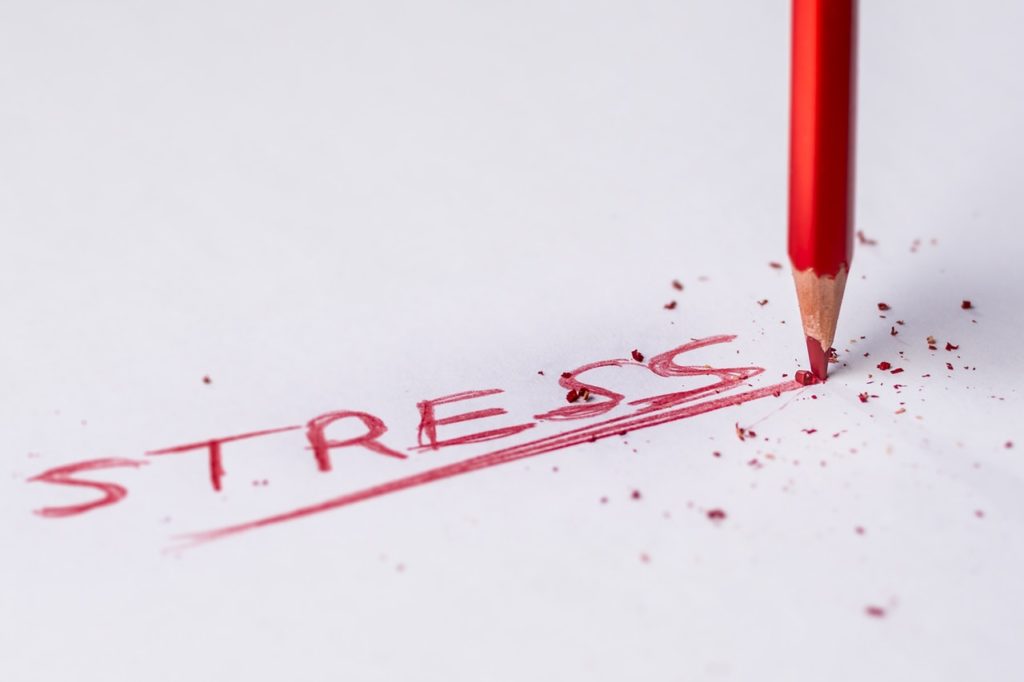The relationship between stress and thyroid dysfunction is something that fascinates me as I know my thyroid function was always worst after periods of stress. Whilst stressful situations are something we all have to encounter on a day-to-day basis, I have noticed that thyroid patients appear to be less equipped to deal with these stressors. I notice (and they notice) that things that previously wouldn’t normally stress them out, or things that don’t stress other people out, suddenly become unmanageable for them. Their ability to deal with stressful events becomes impaired. Their response is exaggerated.
To deal with this stress, one of the lifestyle modifications I ask my patients to do is to get enough sleep, as sleep is when our body repairs itself (repair is important if you have a dodgy thyroid!). Irregular sleep patterns have been shown to adversely affect the way our body functions and have been associated with increased physiological and psychological stress. In one study, biochemical and physiological stress parameters were assessed in 11 female and 9 male doctors before a normal working day and after a 24-hour period working in internal medicine (majorly stressful!). The researchers noticed that levels of thyroid stimulating hormone (TSH) were significantly higher after a 24- hour work period, though there were no changes in their cortisol levels.
The moral of the story?
The authors determined that TSH may be an early and sensitive biochemical predictor of stress (no surprises there!). They also observed that classical biochemical stress parameters (such as cortisol) do not always depict the psychological stress perceived by physicians and that there may be a mismatch between experienced and objective stress levels (which is one reason I always get my patients to do an adrenal stress profile!). Sometimes even though we don’t feel stressed, we are so used to feeling this way, we don’t know any different (and I speak from experience when I say that!). This is why the adrenocortex stress profile is so useful. It plots how you are managing your stress throughout the day and can back up (or not) how you think you are feeling!
Source: https://www.jstage.jst.go.jp/article/joh/advpub/0/advpub_14-0276-OA/_pdf




